962-7983-18423+
24/7 دعم
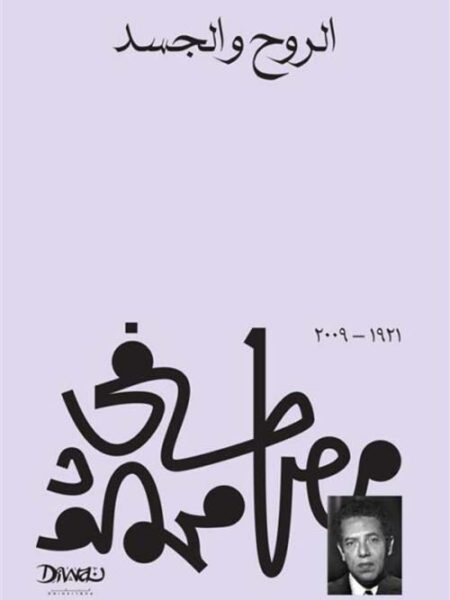
“True happiness is a deep state of tranquility in which there is less need to speak and no desire to gossip. It is a state of joyful inner vision, a sense of reconciliation with the soul, the world and God, a deep conviction of the justice inherent in all existence, and an acceptance of all sufferings in contentment and smiling.”
“Oh God, make my call with you alone, for you alone know, and do not oppress, and do not change words and judgments, and do not lose your love”
“Silence full of feeling has a stronger judgment than the rule of the word
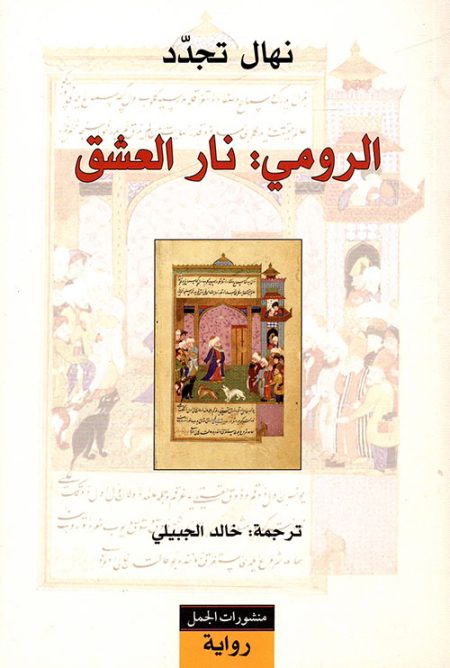
One of the most prominent books in Sufi literature and spiritual philosophy about the life and ideas of Jalal al-Din Rumi
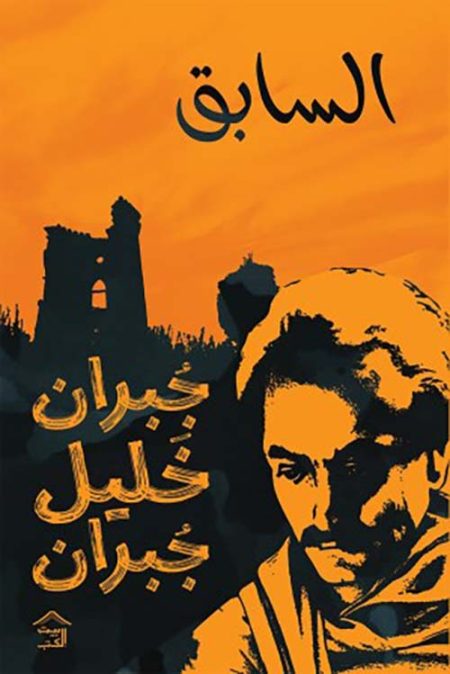
Gibran’s literary style was characterized by smooth words, simplicity of expression, the use of all linguistic formulas and styles, and the frequent use of metaphors and figures of speech. Perhaps the most important feature of Gibran’s literary works is creativity in the art of photography. We find many beautiful, imaginative artistic images full of deep meanings and expressions covering his literary works; because he was an artist and painter who initially depicted the idea and then created it. Gibran relied on two styles in his literary works: the first is characterized by strength and revolution against beliefs and customs and the call for freedom, and the second is characterized by the love of enjoying life and the call to follow inclinations
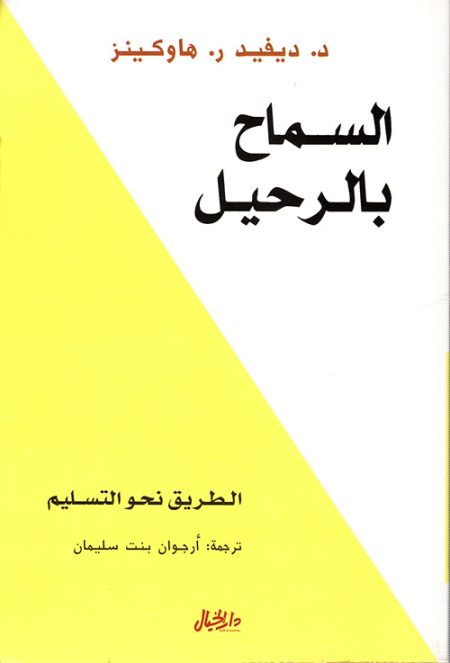
The book explores how to release negative emotions and surrender to the present moment to achieve inner peace.
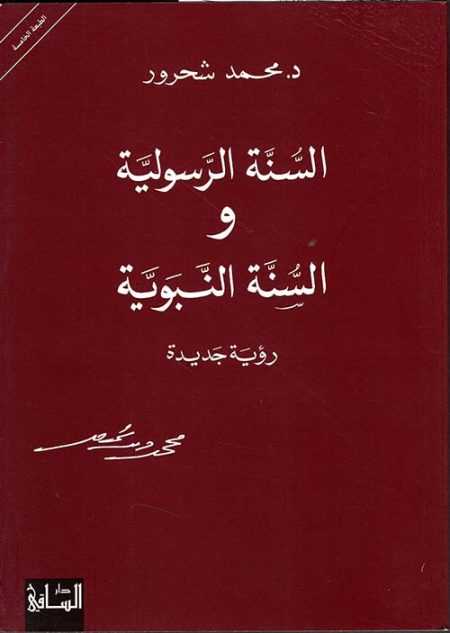
The book addresses the reinterpretation and analysis of the Prophetic and Apostolic Sunnah from a contemporary perspective, with a focus on renewing the Islamic understanding of the rulings.

Muhammad al-Ghazali attacks extremists and their opinions, which they built on individual hadiths (narrated by one person without a strong chain of transmission), and he sees this as extremism, extremism, and a restriction on the breadth of religion.
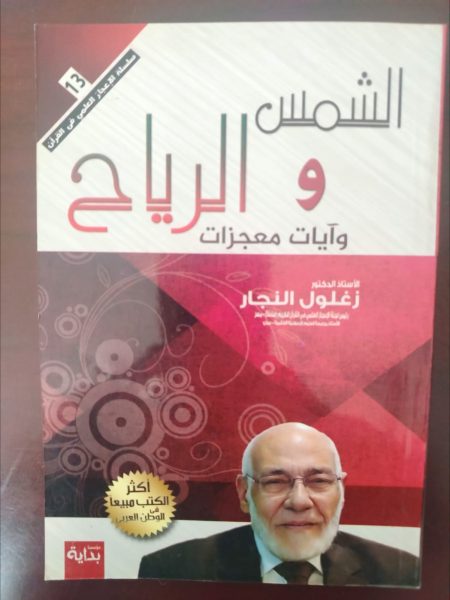
A book that reviews the scientific miracle in the Holy Quran through natural phenomena such as the sun and the wind.
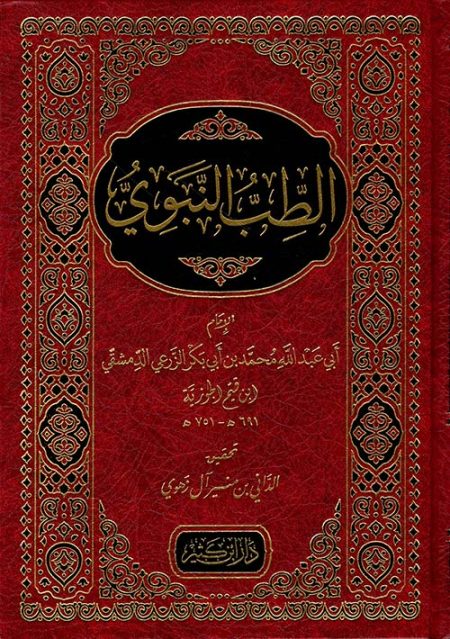
A book that presents medicine and treatment according to the noble prophetic hadiths, with a focus on prevention and treatment by nature.
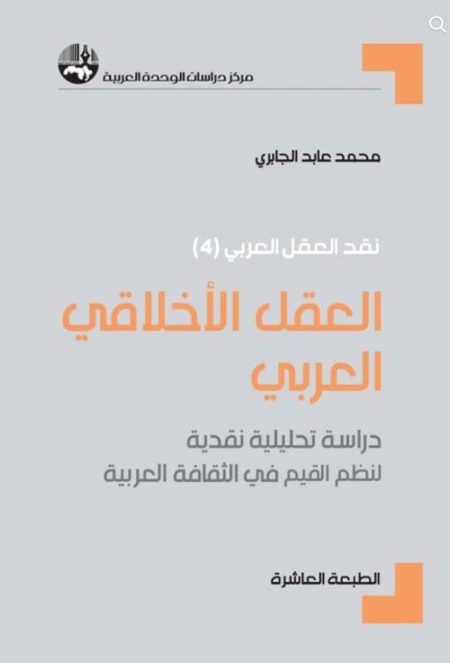
The philosopher Al-Jabiri believes that the Arab moral mind was influenced by five legacies:
1.The pure Arab heritage
2.The pure Islamic heritage
3.The Persian heritage
4.The Greek heritage
5.The Sufi heritage
Muhammad Abed Al-Jabiri believes that the origin of ethics is religion, and that reason stands behind moral judgment, as it is the basis of ethics in Islam. The Arab moral mind was exposed to the influence of political employment and the development of the concept until it reached the stage of establishing or what the writer calls “the ethics of obedience”, which crystallized with the Umayyad state in a way that serves “the unity of society and the state, inspired by the Persian heritage in particular.” He also explained the reasons for the dominance of Khosrowian values and the Persian heritage, whether at the cultural level or at the level of the structure of the state and the entity of society, in contrast to ignoring the Greek heritage, as in the texts of the philosophers Plato and Aristotle, and the medical human tendency in ethics, one of the most important pioneers of which was Ibn Al-Haytham, and also the limited influence of the philosophical tendency represented by Ibn Rushd and Ibn Bajjah, despite their cognitive importance and their criticism of the ethics of obedience, and the fog of the Sufi tendency prevailed, which tried to escape from positive resistance to negative resistance. The writer elaborated on drawing the manifestations of the moral crisis at various levels in Islamic societies resulting from this influence, where the system of the sheikh and the disciple dominated, and its owners completed their moral path, as they moved from the annihilation of ethics to the ethics of annihilation and the dropping of legal obligations.
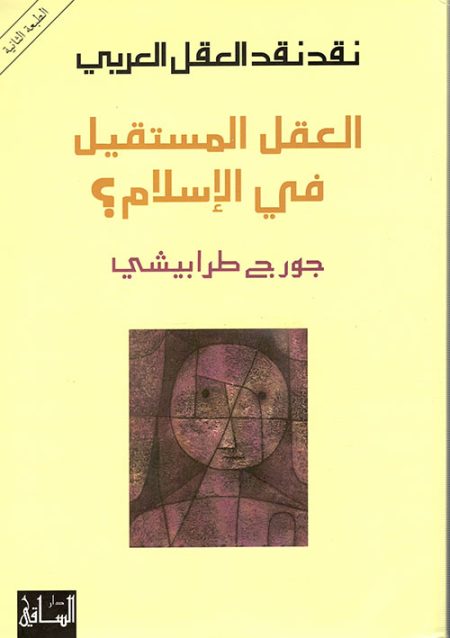
This book discusses George Tarabishi’s critique of traditional Islamic reason and his analysis of the mechanisms that hinder it from ijtihad and renewal.
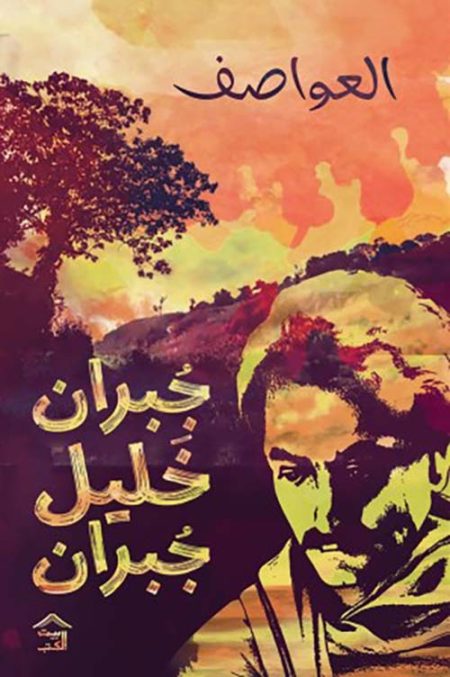
Gibran’s literary style was characterized by smooth words, simplicity of expression, the use of all linguistic formulas and styles, and the frequent use of metaphors and figures of speech. Perhaps the most important feature of Gibran’s literary works is creativity in the art of photography. We find many beautiful, imaginative artistic images full of deep meanings and expressions covering his literary works; because he was an artist and painter who initially depicted the idea and then created it. Gibran relied on two styles in his literary works: the first is characterized by strength and revolution against beliefs and customs and the call for freedom, and the second is characterized by the love of enjoying life and the call to follow inclinations
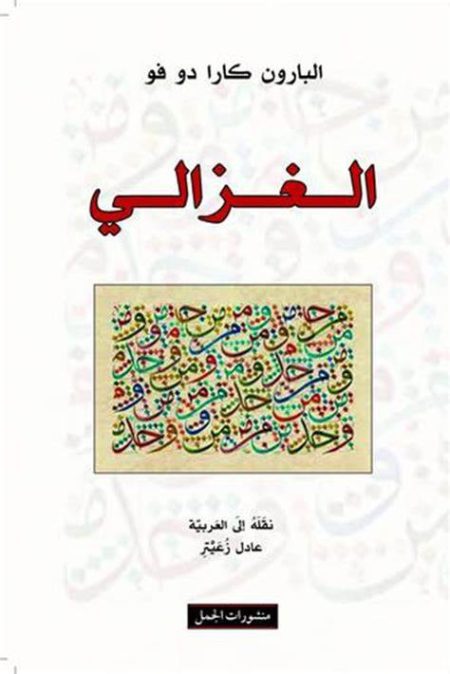
This book presents a study on one of the most important thinkers of Islam, Imam Al-Ghazali, the fifth century AH gave birth to Imam Al-Ghazali to be one of the flags of Islamic thought and it is beautiful for us to refer to something from the history of this Imam, to stand on the factors that demonstrated the formation of this unique mentality, and the colors of culture that gathered in his mind, and the research and literature created by his thinking, and made him eligible to occupy that position among the scholars of the West and the East, all in a nutshell until we reach the desired
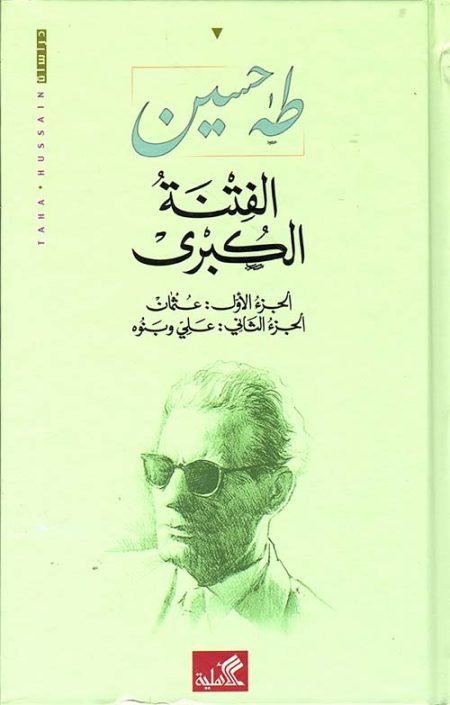
A thorough historical and intellectual analysis of the events of the political and religious conflict in early Islam, shedding light on pivotal figures such as Ali and Mu’awiyah.
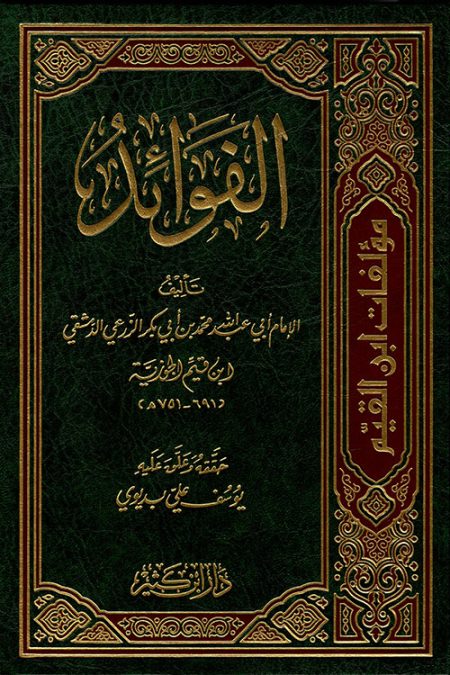
A book that deals with the rulings, sermons, and benefits of faith derived from the Qur’an and Sunnah in a profound and influential style.
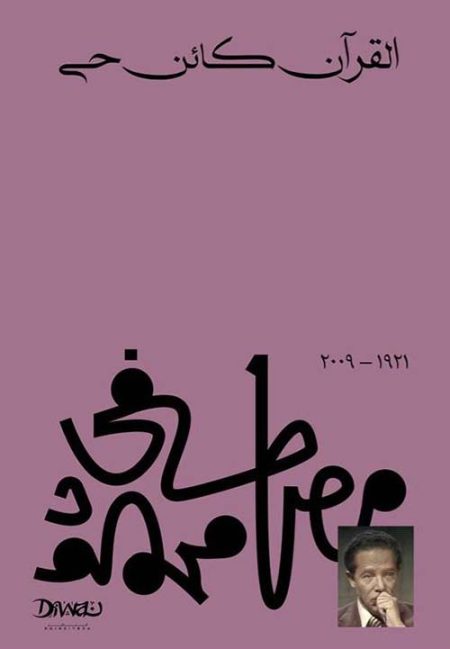
The book The Qur’an is a living organism is a book written by Dr. Mustafa Mahmoud in which he talked about the Qur’anic language, which differs from our language in which we write or speak in that it is a court in which there is no error, deficiency or increase. There has been a lot of talk of cosmic verses that talked about the stars and their paths, the earth and its creation, life and its beginning, and how modern science came with dazzling new facts during the hundreds of years that followed the Qur’anic download, so it did not violate a single Qur’anic letter and did not revoke any, but all accompanied with the words of the Qur’an and increased its emphasis. The Qur’an also came in the systems of government and in the economy and in ethics and in human rights and in the family and in marriage and women and laws with the final word of the university, as unique peak in rhetoric and summit in the statement and beauty in style did not reach him book, has elaborated ancients in this and dearest, and says Dr. Mustafa Mahmoud that there remains a miraculous face of the faces of the Qur’an perhaps the most important of all these faces, needs a long push, which he called the nail or engineering structure or installation Organic or living bonding between word and word.
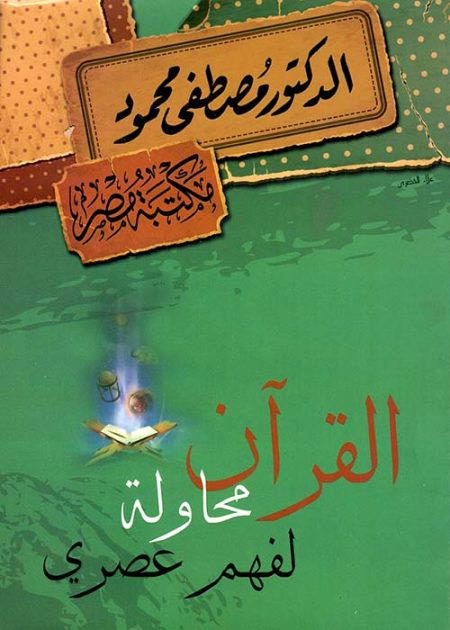
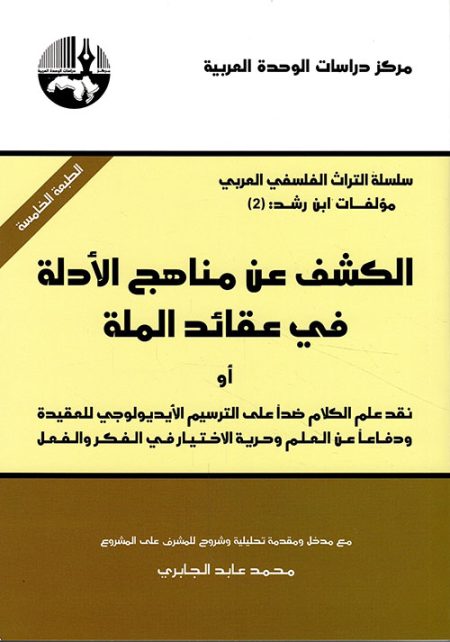
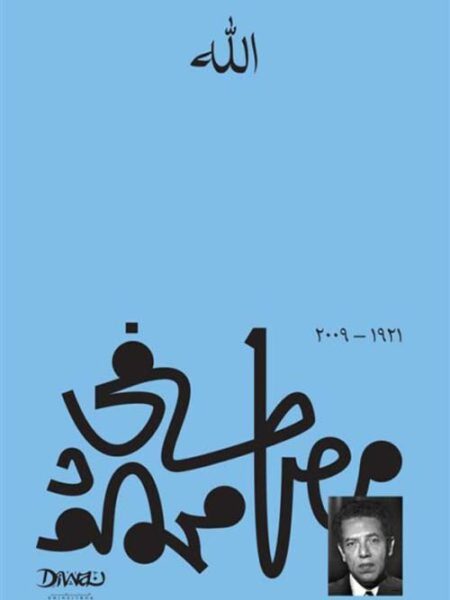
In the course of an intellectual journey, Mustafa Mahmoud takes us to man’s perception of God’s self and how it was: in Islam, in worship since the dawn of history, among scholars and intellectuals, and among those who denied it. A journey of reflection for those who have realized that self with their souls to strengthen it with their mind and mind. It’s a journey of reflection and reflection that is worth going.